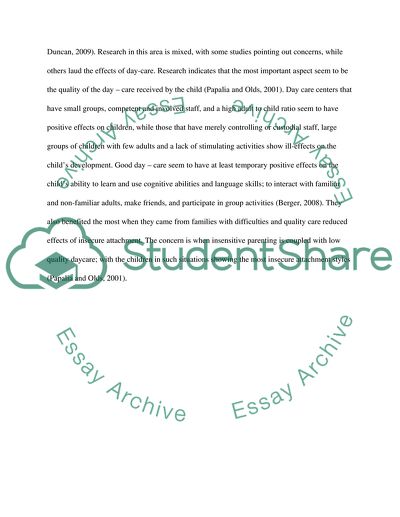Cite this document
(“Written Assignment 2 Example | Topics and Well Written Essays - 500 words”, n.d.)
Written Assignment 2 Example | Topics and Well Written Essays - 500 words. Retrieved from https://studentshare.org/psychology/1583678-written-assignment-2
Written Assignment 2 Example | Topics and Well Written Essays - 500 words. Retrieved from https://studentshare.org/psychology/1583678-written-assignment-2
(Written Assignment 2 Example | Topics and Well Written Essays - 500 Words)
Written Assignment 2 Example | Topics and Well Written Essays - 500 Words. https://studentshare.org/psychology/1583678-written-assignment-2.
Written Assignment 2 Example | Topics and Well Written Essays - 500 Words. https://studentshare.org/psychology/1583678-written-assignment-2.
“Written Assignment 2 Example | Topics and Well Written Essays - 500 Words”, n.d. https://studentshare.org/psychology/1583678-written-assignment-2.


